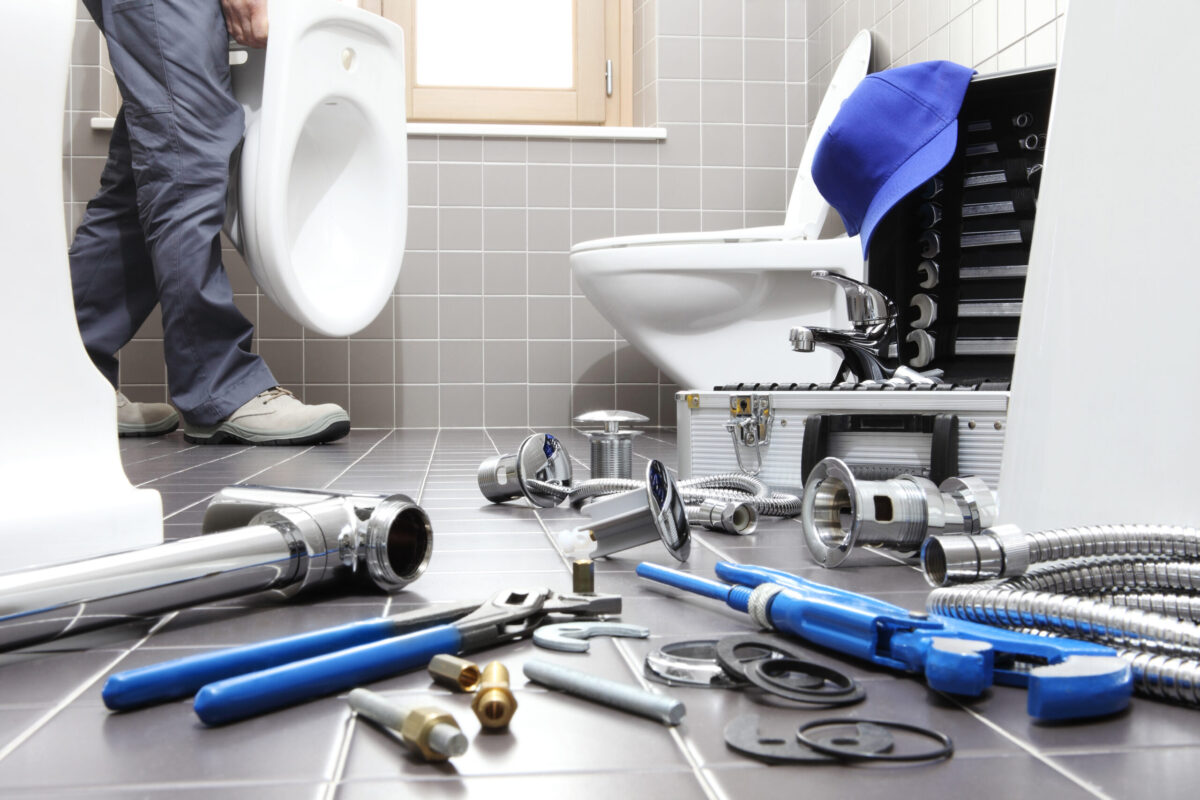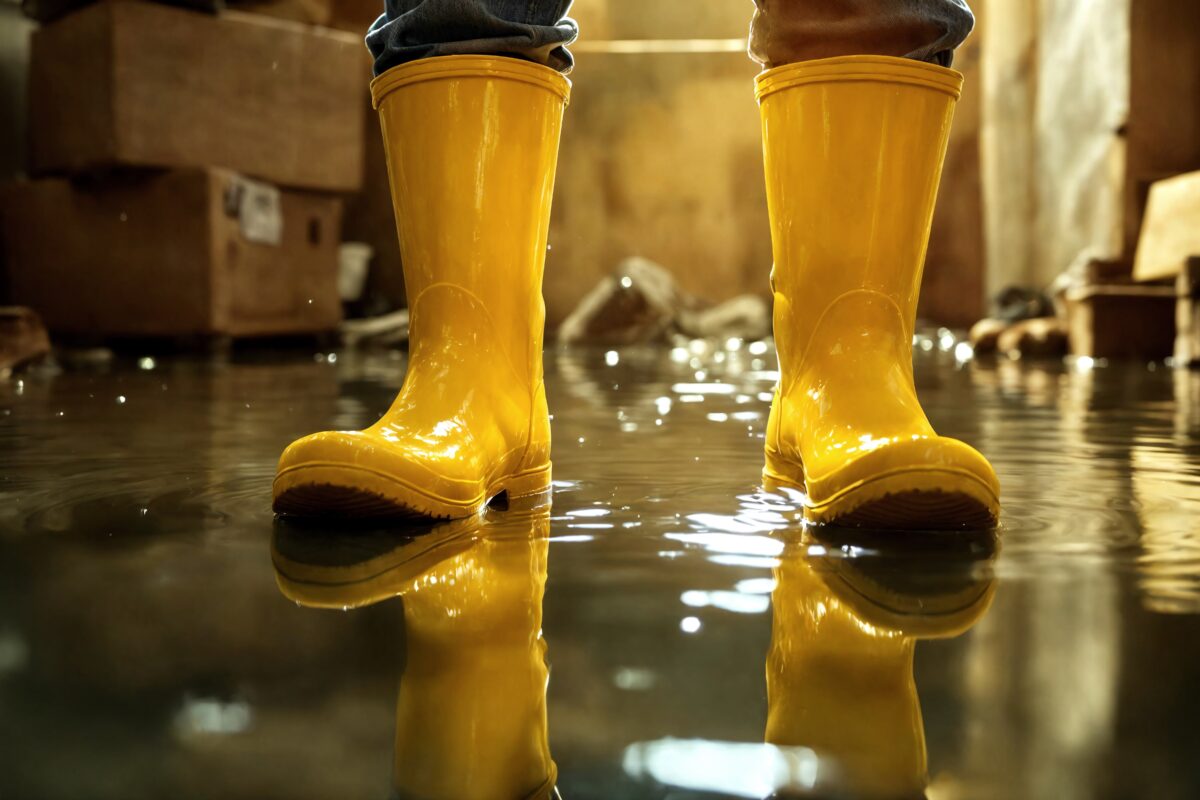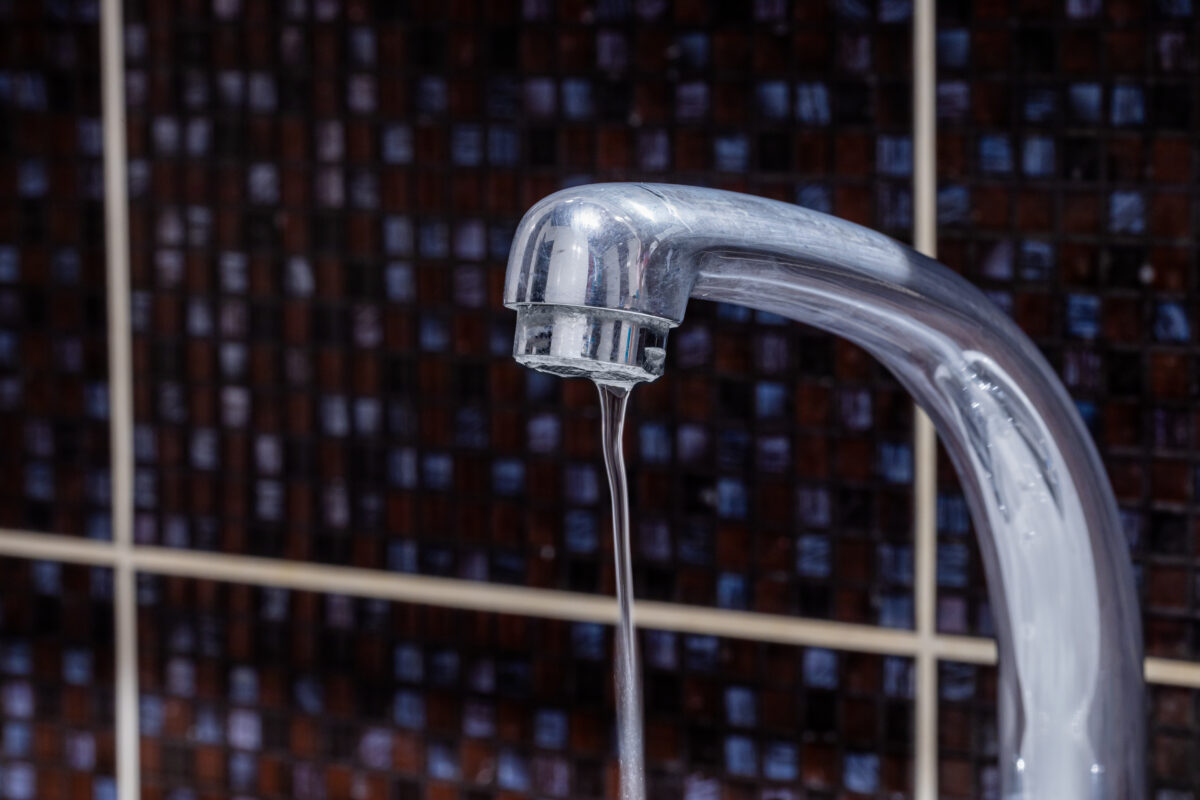Every homeowner can benefit from practical plumbing tips to keep their home running smoothly and avoid costly repairs. Whether you’re a new homeowner or have years of experience, these plumbing tips will help you maintain your system, prevent emergencies, and save money. Beis Plumbing, serving the St. Louis area, shares these essential plumbing tips to keep your home in top shape.
1. Know Where Your Main Water Shut-Off Valve Is
One of the most important plumbing tips is to locate your main water shut-off valve. In an emergency, shutting off the water quickly can prevent major damage. According to the American Red Cross, water damage claims are among the most common insurance claims in the U.S.
2. Prevent Clogged Drains
Avoid putting grease, coffee grounds, and food scraps down the kitchen sink. Use drain screens to catch hair and debris in the bathroom. Regularly cleaning your drains is one of the best plumbing tips for preventing blockages.
3. Fix Leaks Promptly
Even a small leak can waste a significant amount of water. The EPA reports that household leaks can waste nearly 1 trillion gallons of water annually nationwide. Address leaks as soon as you notice them.
4. Insulate Pipes in Cold Weather
Frozen pipes can burst and cause extensive damage. Insulate exposed pipes in unheated areas, such as basements and garages, to prevent freezing during winter.
5. Don’t Ignore Slow Drains
A slow drain can be a sign of a developing clog. Use a plunger or a plumber’s snake to clear minor blockages, or contact a professional if the problem persists.
6. Avoid Chemical Drain Cleaners
Chemical cleaners can damage your pipes and harm the environment. Opt for natural solutions or call a plumber for stubborn clogs.
7. Test Your Water Pressure
High water pressure can strain your plumbing system and lead to leaks. Use a pressure gauge to check your home’s water pressure and keep it within the recommended range (generally 40-60 psi).
8. Maintain Your Water Heater
Flush your water heater annually to remove sediment buildup and extend its lifespan. For more information, visit Beis Plumbing’s Water Heater Services page.
9. Be Careful What You Flush
Only flush toilet paper and human waste. Items like wipes, paper towels, and feminine hygiene products can cause serious blockages.
10. Schedule Regular Plumbing Inspections
Annual inspections by a licensed plumber can catch small issues before they become big problems. Preventative maintenance is one of the most valuable plumbing tips for homeowners.
Bonus: Join a Plumbing Maintenance Plan
Consider joining a maintenance plan, like those offered by Beis Plumbing, to receive discounts, priority service, and regular checkups. Learn more about their Home Service Maintenance Plans.
Why Trust Beis Plumbing?
Beis Plumbing is locally owned, fully licensed, and committed to customer satisfaction. Their team offers same-day service, 24/7 live answering, and flexible financing options. Hundreds of positive reviews and an A+ BBB rating make them a trusted choice for all your plumbing needs.
Contact Beis Plumbing for Expert Help
If you need help with any plumbing issue, don’t hesitate to contact Beis Plumbing for fast, reliable service.



